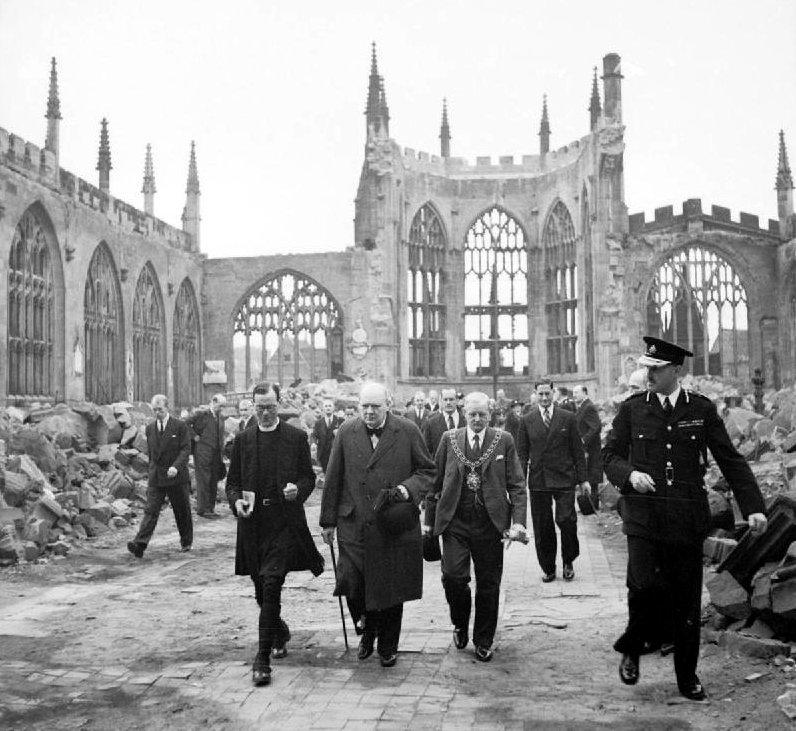Over the past few weeks the news from Ukraine has included reports about the shelling of churches, monasteries and mosques in the besieged city of Mariupol.
The death and injury of many thousands of people is – without a doubt – the most distressing aspect of the war. But the damage and destruction of religious heritage evokes a particular sadness. Places of worship are sacred buildings and their violation is abhorrent. They are also rich in heritage; created over many years through the work of craftspeople and artists.
During the Second World War, religious buildings in our country were also damaged and destroyed. Perhaps the most memorable was the destruction of Coventry Cathedral by German bombers in November 1940. The consecration in 1962 of the new Cathedral marked a coming to terms with the past and a determination for reconciliation with former enemies.
The beating heart
The churches, chapels and meeting houses that we support are much more than just buildings. They are the beating heart of local communities. Whether or not we worship in a local church, the mere presence of the building speaks to us of the importance of place, of the many generations who have passed this way before us, and of the ability of the human race to create something greater than ourselves.
We want to see churches open and available, in use and valued. Last year, we were able to provide grants of over £5 million to support over 300 churches in England, Scotland, Wales and Northern Ireland. This support was provided to buildings belonging to a wide range of denominations including the Church of England, the Roman Catholic Church, the Quakers, the United Reformed Church, the Church of Ireland, the Church in Wales and the Church of Scotland.
That was a record amount, and was made possible in part by the decision of the Department for Culture, Media and Sport and Historic England to provide us with £3.6 million from the Government’s Culture Recovery Fund. We were awarded the funding as we have a proven track record of being able to identify and support churches on projects ranging from urgent roof repairs to the provision of much needed community facilities such as kitchens and toilets.
In a world of deepening divisions, rivalries and tensions, to lose a local church diminishes further our faith, our society and our cohesion as a nation.

